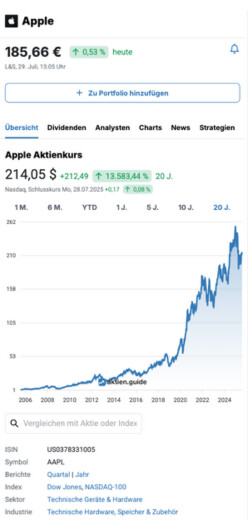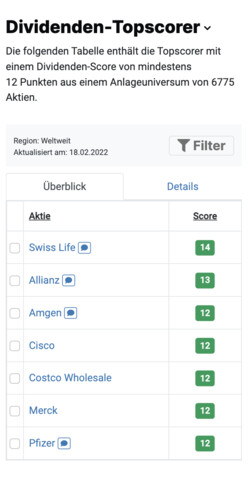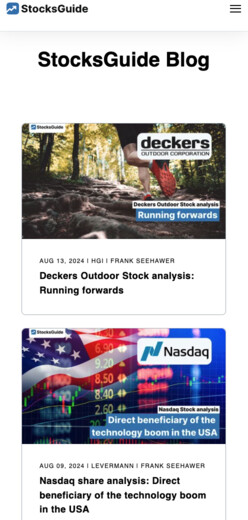 O Reilly Automotive Stock News
O Reilly Automotive Stock News
$90.34
0.95%
Nasdaq,
Jan 02, 10:11 pm CET
Index
Industry
O Reilly Automotive Stock News
Neutral
GlobeNewsWire
●
2 days ago
SPRINGFIELD, Mo., Jan. 02, 2026 (GLOBE NEWSWIRE) -- O'Reilly Automotive, Inc. (the “Company” or “O'Reilly”) (Nasdaq: ORLY), a leading retailer in the automotive aftermarket industry, announces the release date for its fourth quarter and full-year 2025 results as Wednesday, February 4, 2026, with a conference call to follow on Thursday, February 5, 2026.
Positive
The Motley Fool
●
2 days ago
O'Reilly benefits from durable demand trends regardless of macroeconomic conditions. Buying back lots of stock is a major part of management's capital allocation policy.
Positive
MarketBeat
●
3 days ago
The economic landscape as we close out 2025 presents a harsh reality for the American consumer, but golden opportunities could lie ahead for investors. While inflation has cooled in some areas, the cost of vehicle ownership remains near historic highs.
Positive
The Motley Fool
●
28 days ago
Over the past year, O'Reilly Automotive stock has slightly outperformed the market. The picture is about the same over the past three years.
Positive
The Motley Fool
●
about one month ago
Five blockbuster stock splits have taken place in 2025. The genius stock-split stock worth buying has several macro and company-specific catalysts working in its favor.
Positive
The Motley Fool
●
about 2 months ago
O'Reilly's stock price has soared more than 610x from its 1993 IPO. The stock is trading at a premium, but that's a reflection of its long history of outperformance.
Positive
The Motley Fool
●
about 2 months ago
Presently, the median target price on Palantir Technologies implies 17% upside, but the median target price on O'Reilly Automotive implies 20% upside. Palantir is a leader in artificial intelligence (AI) and machine learning platforms, but the stock trades at an unsustainable valuation.
Neutral
Seeking Alpha
●
2 months ago
O'Reilly Automotive, Inc. ( ORLY ) 49th Annual Automotive Symposium November 4, 2025 4:30 PM EST Company Participants Brent Kirby - President Jeremy Fletcher - Executive VP & CFO Conference Call Participants Brian Sponheimer - Gabelli Funds, LLC Michael Lasser - UBS Investment Bank, Research Division Bret Jordan - Jefferies LLC, Research Division Maksim Rakhlenko - TD Cowen, Research Division G...
Register for Free
StocksGuide is the ultimate tool for easily finding, analyzing and tracking stocks. Learn from successful investors and make informed investment decisions. We empower you to become a confident, independent investor.


